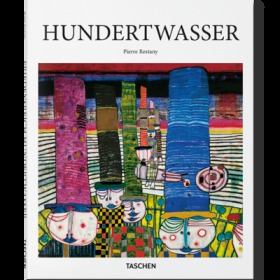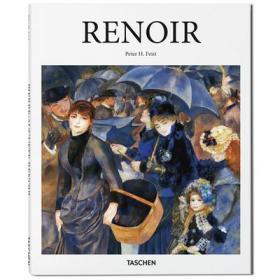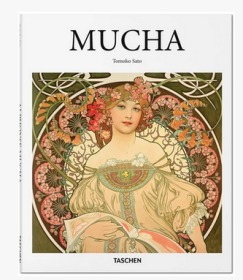
In Wildness Is the Preservation of the World 摄影师Eliot Porter 世界存于荒野
¥ 158 7.7折 ¥ 204 九五品
仅1件
北京通州
认证卖家担保交易快速发货售后保障
作者Henry David Thoreau
出版社AMMO Books
ISBN9781623261160
出版时间2020-11
印刷时间2020-11
印数1千册
装帧精装
开本16开
纸张铜版纸
页数168页
字数1千字
定价204元
上书时间2025-01-01
- 在售商品 暂无
- 平均发货时间 16小时
- 好评率 暂无
- 店主推荐
- 最新上架
商品详情
- 品相描述:九五品
- 商品描述
-
✦产品信息——
出版社 : Chronicle Chroma (2020年 11月 10日)
语言 : 英语
精装 : 168页
ISBN-10 : 1623261163
ISBN-13 : 978-1623261160
商品重量 : 885 g
尺寸 : 20.96 x 2.16 x 26.67 cm
页面参数仅供参考,具体以实物为准
✦内容简介——
这是美国摄影师和艺术先驱之一艾略特·波特对亨利·梭罗作品的图解诠释。
A presentation of one of America's leading photographers and artistic pioneers, this is Eliot Porter's pictorial interpretation of the works of Henry Thoreau.
✦作者简介——
艾略特·波特 (1901-1990) 是美国摄影界的偶像人物,他拍摄的自然界照片非常出色,而且画幅很大,色彩鲜艳。波特在哈佛大学开始了他的学业,但离开学校后,他把一生都奉献给了摄影事业,并支持环境保护事业,而这在环境保护事业被人们认识到其重要性之前就已经开始了。1962
年,波特创作了《荒野是世界的保护》,这是一本非常受欢迎的书,书中结合了他拍摄的新英格兰森林的彩色照片和亨利·戴维·梭罗作品的摘录。这本书通过为设计和印刷设定新的标准,并证明了艺术摄影书籍的商业可行性,彻底改变了摄影书籍的出版。它的成功使波特走上了一生的道路,即为世界各地各种具有生态意义的地方创作类似的摄影肖像。
波特对大自然运作的迷恋和强烈的环保主义道德从未停止过他对艺术的热情。在他的一生中,波特一直致力于制作和展示精心渲染的染料转印彩色照片,这些照片曾在许多个人展览中展出,包括美国自然历史博物馆、现代艺术博物馆,以及大都会艺术博物馆举办的彩色摄影个人展。
亨利·戴维·梭罗 (1817-1862) 是一位美国作家、诗人、哲学家、废奴主义者和环保主义者。他知名作品是《瓦尔登湖》,这本书反思了在自然环境中的简单生活,以及他的论文《公民不服从》,该论文主张个人反抗公民政府,以道德反对不公正的国家。
Eliot Porter (1901-1990) was an icon of American photography, most often associated with his outstanding, large-format, color photographs of the natural world. Porter began his education at Harvard University but left the school to devote his life to his photography and to champion the cause of the environment, long before such matters were recognized as important.
In 1962, Porter created in "In Wildnerness Is the Preservation of the World," an immensely popular book combining his evocative, color photographs of New England woods with excerpts from the writings of Henry David Thoreau. The book revolutionized photographic book publishing by setting new standards for design and printing, and proving the commercial viability of fine art photography books. Its success set Porter on a lifelong path of creating similar photographic portraits of a wide variety of ecologically significant places the world over.
Porter's fascination with nature's workings and strong environmentalist ethic never suspended his passion for art. Throughout his life, Porter remained committed to making and exhibiting meticulously rendered dye transfer color prints of his photographs featured in many solo shows, including the American Museum of Natural History, Museum of Modern Art, and the first, one-person show of color photographs presented by the Metropolitan Museum of Art.
Henry David Thoreau (1817-1862) was an American author, poet, philospher, abolitionist, and environmentalist. He is best known for his book "Walden," a reflection upon simple living in natural surroundings, and his essay "Civil Disobedience," an argument for individual resistance to civil government in moral opposition to an unjust state.
— 没有更多了 —

























以下为对购买帮助不大的评价